How Coronavirus News Coverage Can Activate PTSD
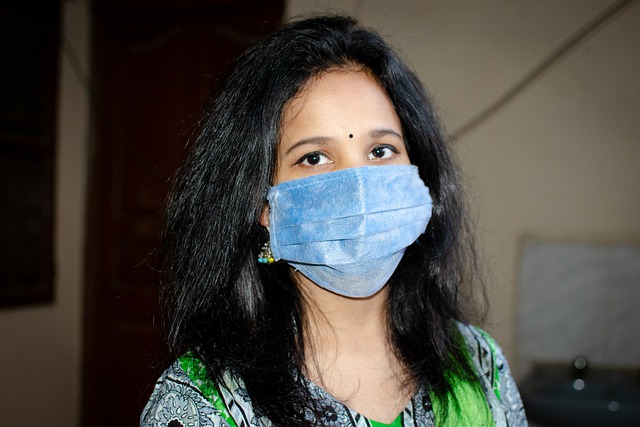
As the world struggles with the global coronavirus pandemic, we are learning how to deal with the “new normal.” Health care workers are going without breaks or days off. Families are coping with layoffs and have been thrown into homeschooling their children. The majority of us are under stay-at-home orders. The outcome of such undue psychological stress creates anxiety and can trigger symptoms of post traumatic stress disorder (PTSD). Watching the constant news coverage of the outbreak doesn’t help.
Transcranial Magnetic Stimulation: High Tech Help For Treatment Resistant Mood Disorders
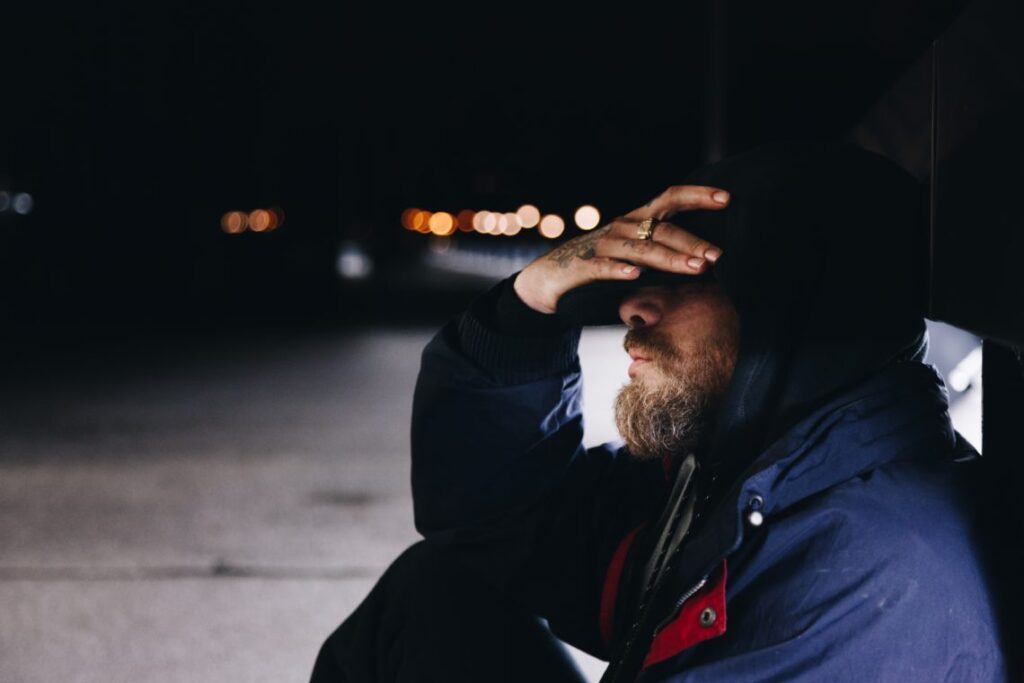
Transcranial magnetic stimulation may help relieve symptoms in those with severe anxiety or depression that doesn’t respond to treatment or medications.
What Problems Do Adopted Adults Have?

There are seven core issues that follow adopted children into adulthood. These concerns affect them emotionally and must be addressed to begin healing.
PTSD In Breast Cancer Survivors
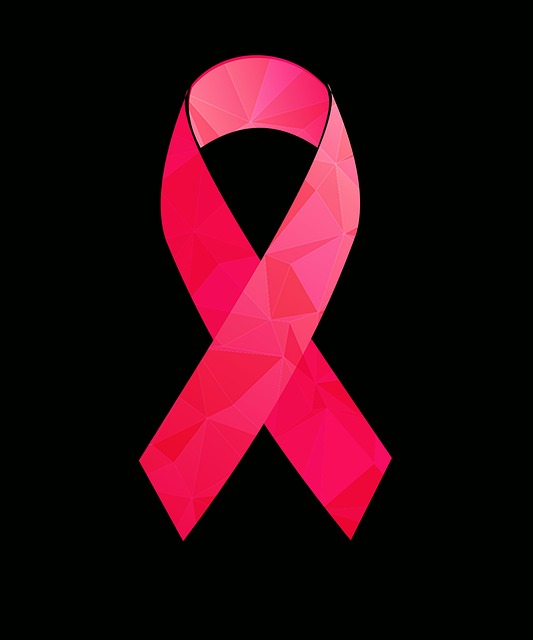
Although it is best known for affecting war veterans or those who have been through violent events, PTSD is also common in cancer survivors. Learn about risk factors and treatments for PTSD after cancer.
Is Suicide Contagion Behind The Recent Parkland Deaths?
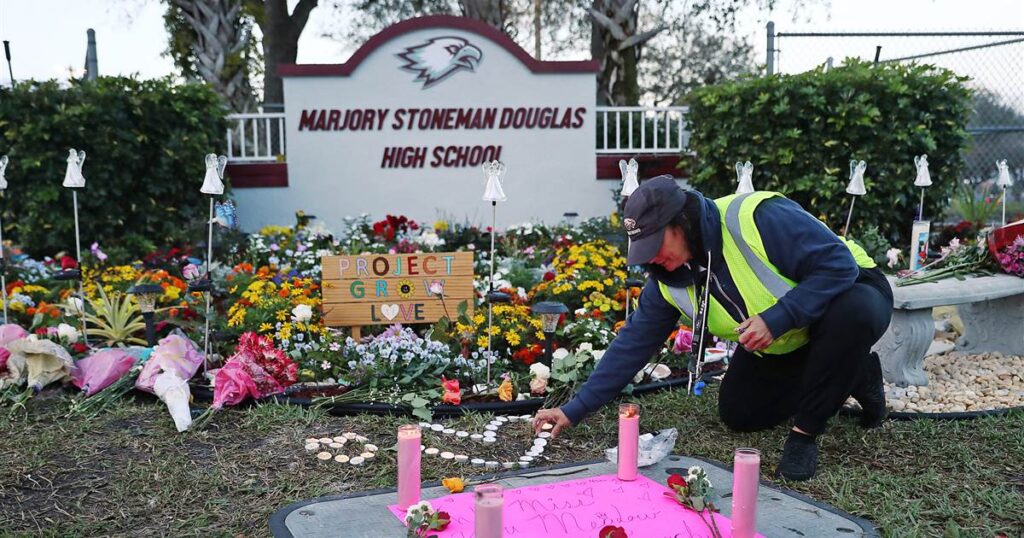
We are only one month past the first anniversary of the shootings at Marjorie Stoneman Douglas High School and this past week we have all been saddened to learn of the suicides of two students who survived the attack. Additionally, the father of a child who was killed in the 2012 Sandy Hook school shootings also died this week – apparently due to suicide. Is it possible that these deaths are the result of suicide contagion?
PTSD After The Sudden Death Of A Loved One
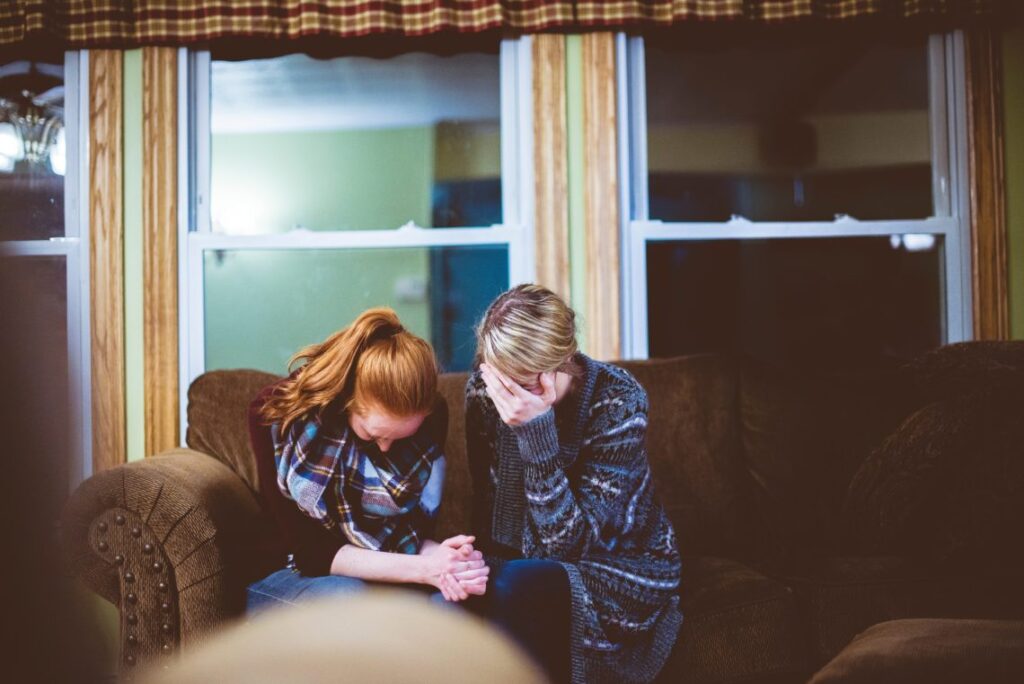
People form countless relationships throughout their lives – with family members, friends, coworkers, and neighbors. We have the deepest connections with the people we love – these relationships help make us who we are. They contribute to our sense of identity and have the power to transform us, for good or bad. Because of this, the death of a loved one can create numerous psychological issues, including PTSD, particularly if the loss was tragic and unexpected.
How Stress Affects Child Development
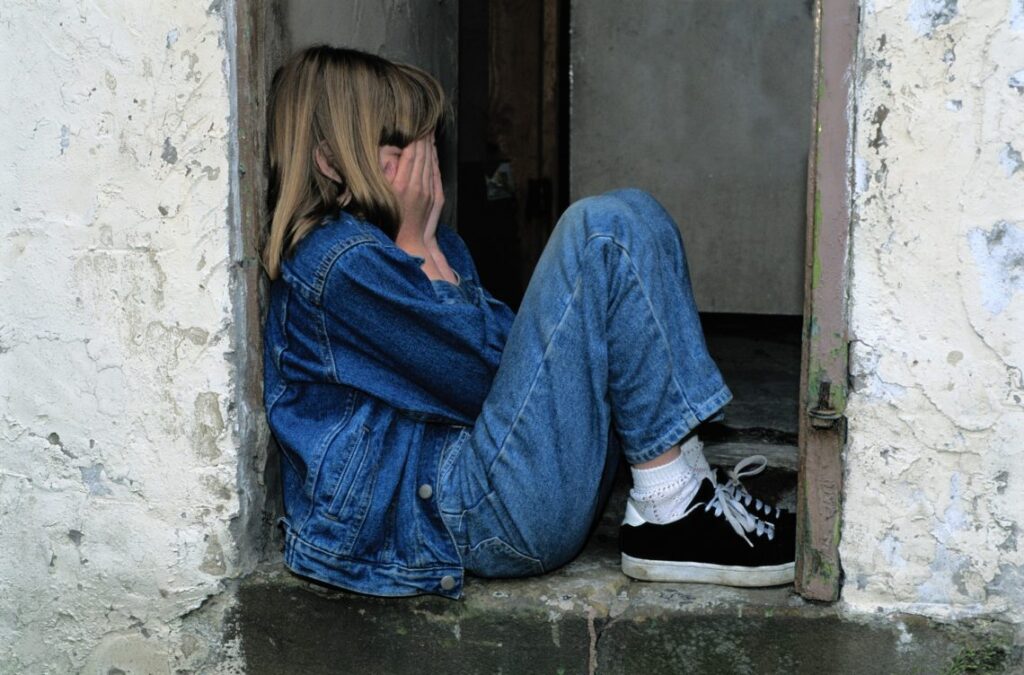
Stress surrounds us on a daily basis. From traffic delays to work projects, worries about finances or health, and news reports of world events, the demands of our everyday lives produce both positive and negative stress. Stressors (which are the things that cause your stress) can be physical, emotional, theoretical, or environmental. Even positive events like weddings and job promotions cause stress.
Post-Traumatic Growth

Emotional trauma or psychological trauma is a reaction to an experience or event that is deeply distressing or disturbing to the individual. Trauma can be the result of things such as going through a natural disaster, being involved in a car accident, living through a major event, such as war or abuse, or having been the victim of a crime. A trauma response will be similar no matter what caused it.
What is Trauma
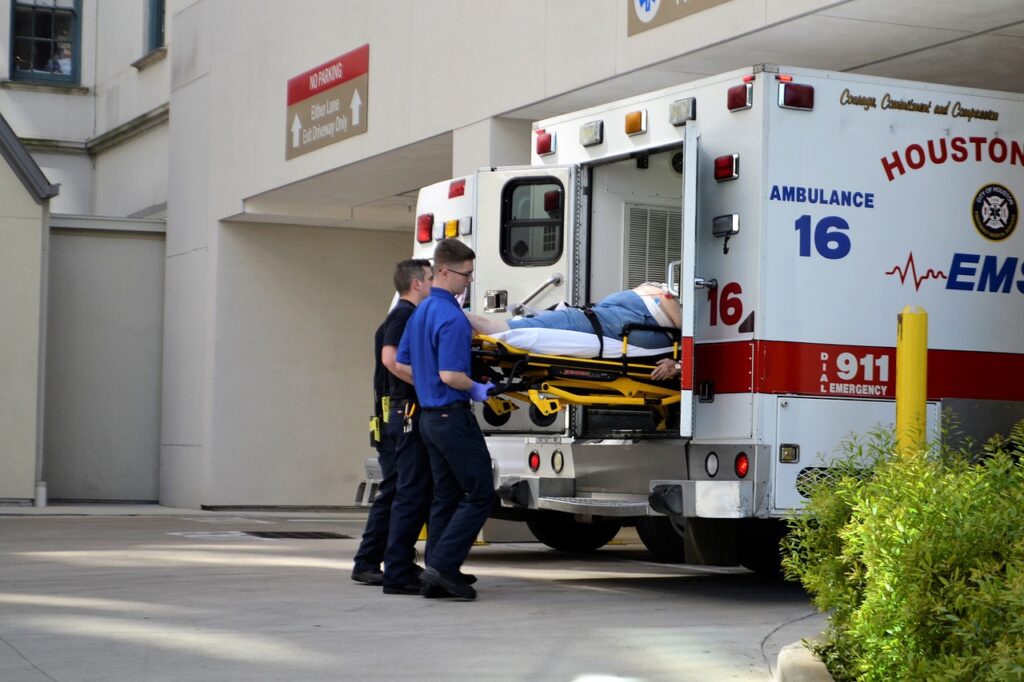
In general, trauma can be defined as a psychological, emotional response to an event or an experience that is deeply distressing or disturbing. When loosely applied, this trauma definition can refer to something upsetting, such as being involved in an accident, having an illness or injury, losing a loved one, or going through a divorce. However, it can also encompass the far extreme and include experiences that are severely damaging, such as rape or torture.
Complex Trauma Disorder
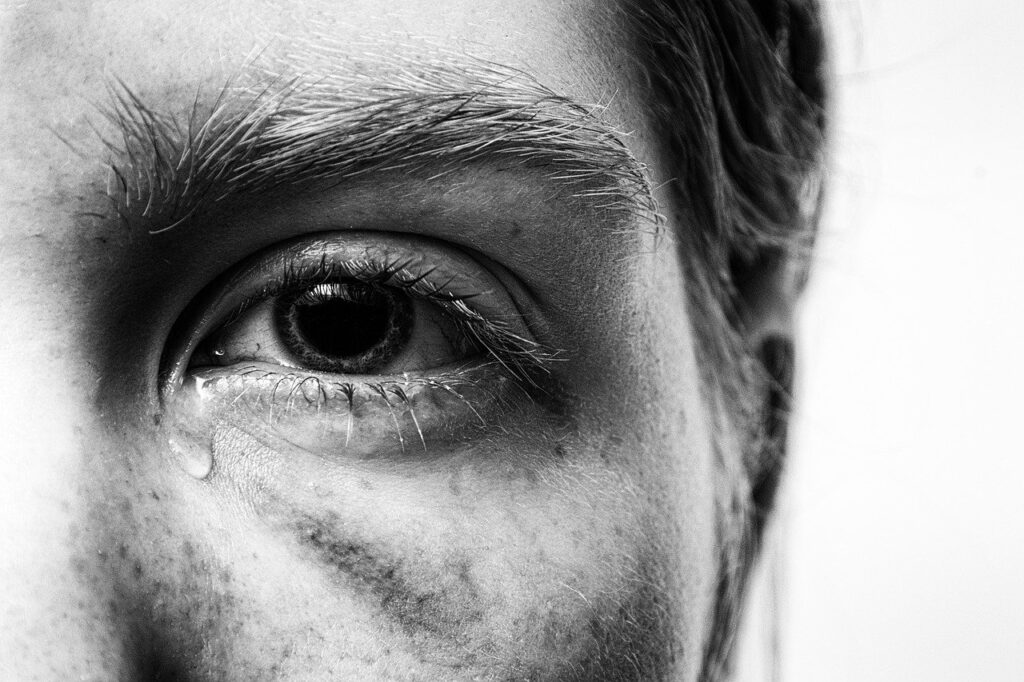
Trauma can come in many forms. The soldier returning from active duty in a war zone, the child who lives with physical, sexual, or emotional abuse or neglect, the first responder who must deal with human suffering on a daily basis, and the adult who endures domestic abuse all are experiencing trauma. Complex trauma occurs repeatedly and often involves direct harm to the victim. Its effects are cumulative and generally transpire in a specific setting and, frequently, within a particular time frame or within a specific relationship.
